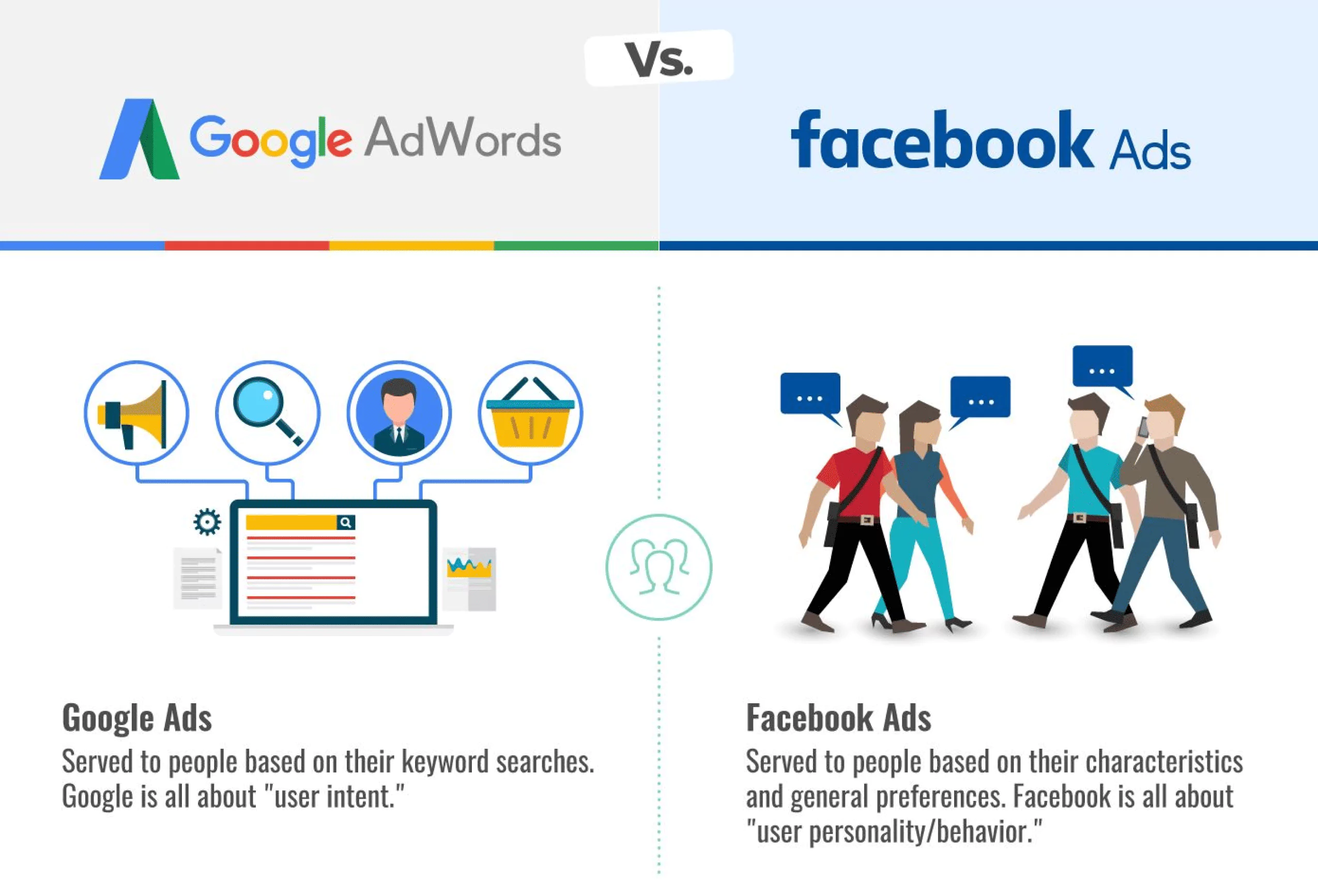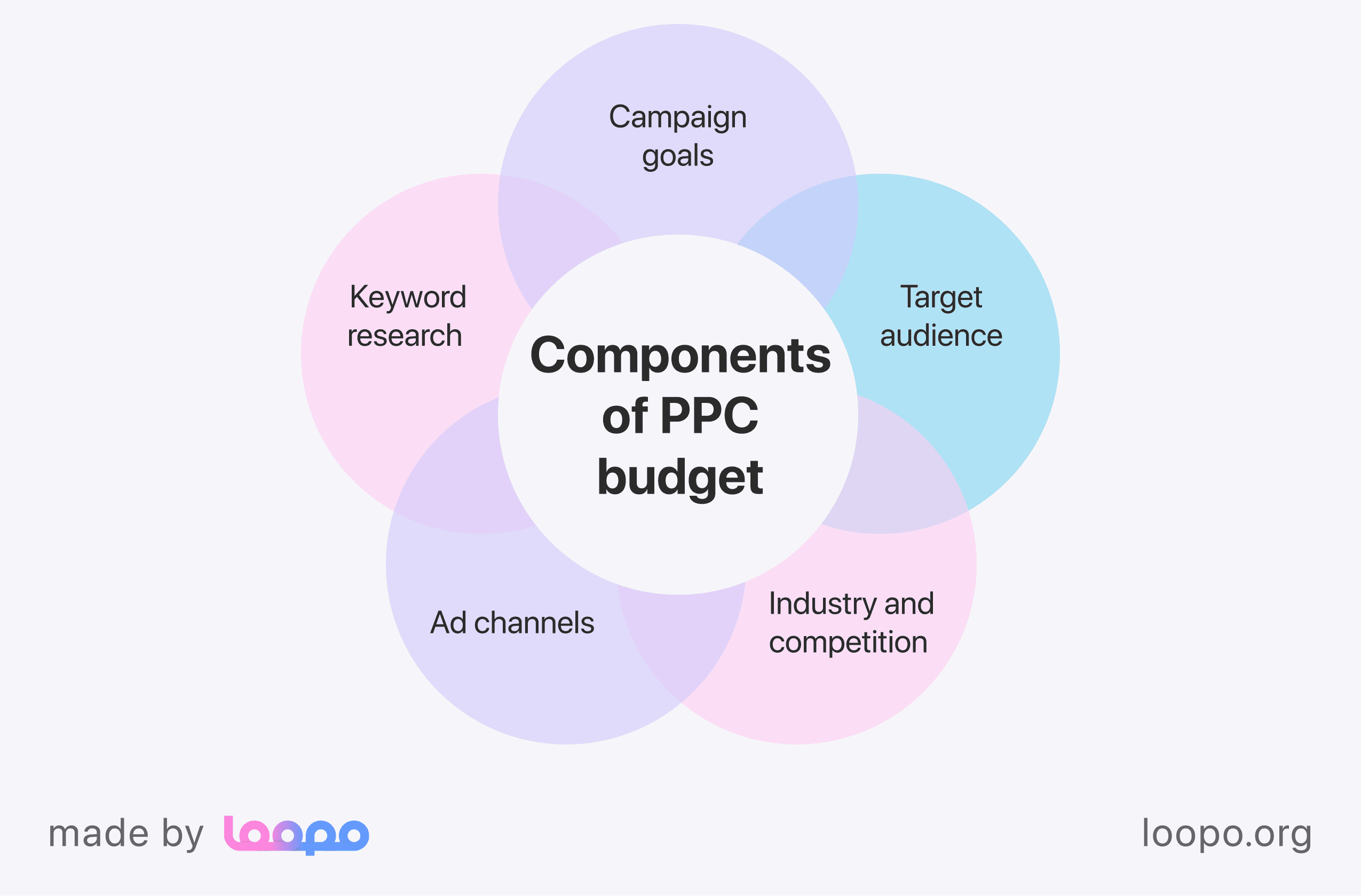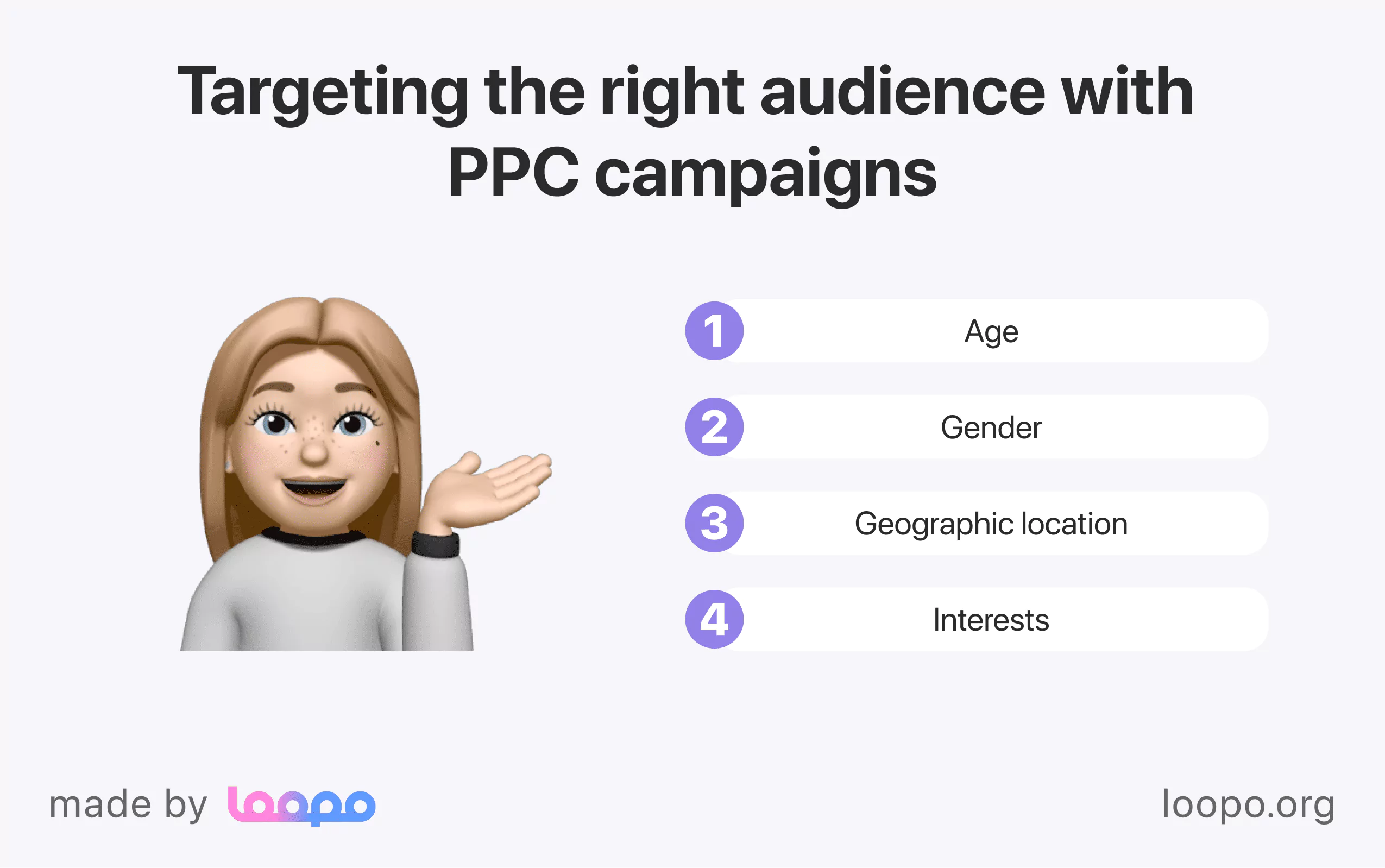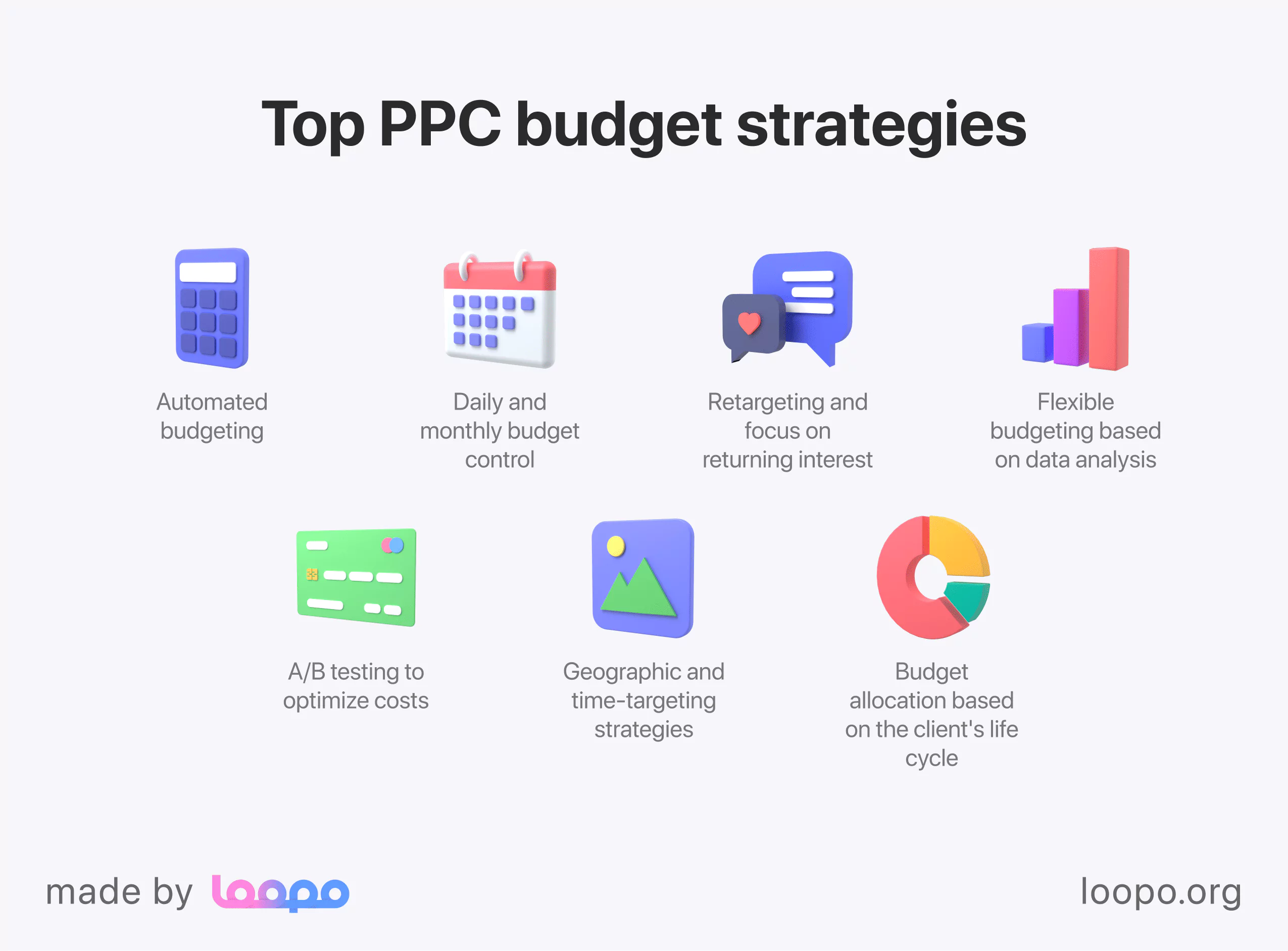PPC Budget Strategies: How to Get the Most Out of Your Ad Spend

With budgeting in PPC (pay-per-click) advertising, everything depends on numbers and a strategic approach to planning and distribution. It is essential to consider many factors in this complex process, from keyword and competition research to analyzing seasonality and market trends. PPC budgeting becomes especially relevant in the context of today's changes in digital marketing, where each click can significantly affect revenue and profitability.
So, how do you make the most of your budget and beat the competition? In this article, we will consider the top PPC budgeting strategies, which will help use funds rationally and ensure stable growth of campaigns in various business areas.
Understanding your PPC budget
In fact, PPC budgeting is a critical step in the effective use of advertising funds, which can significantly affect the success of a business. Platforms like Google Ads and Facebook Ads have become necessary tools in the marketer's arsenal thanks to their ability to target specific audiences. The flexibility and controllability of a PPC budget help you achieve your business goals.
What is a PPC budget?
PPC (pay-per-click) budget is the amount of money an advertiser is willing to spend for each click on their ad. The difference between PPC and other types of advertising is that you only pay when a potential customer interacts with your ad. PPC budgeting is an extremely flexible process that allows advertisers to adjust spending according to campaign results and market specifics.
The PPC budget can be set at different levels, from the overall budget for the entire campaign to the budget for individual ads or keywords. For instance, you can select a general budget, determine the maximum amount for the entire campaign, or set a daily spending limit. This approach allows you to control costs, ensuring that the budget is used within the planned costs.
How Google Ads or Facebook Ads use your budget
Each platform has its own optimization methods; understanding how Google Ads or Facebook Ads manage your budget is vital.

For example, Google Ads offers several PPC bidding strategies, including:
Daily budget: This PPC bid strategy allows you to control costs daily. Google automatically distributes ad impressions throughout the day, trying to maximize clicks within your budget.
Smart budgeting: Google Ads uses machine learning (ML) to adjust bids, ensuring optimal use of your budget. With features such as "Maximum сonversions" or "Maximum ROI (return on investment)," the system automatically adjusts bids to achieve the set goals.
Keyword targeting: Google Ads allows you to set a budget for specific keywords or ad groups. This helps you target the search queries that are most relevant to your target audience.
On the other hand, Facebook Ads also provides flexible budget-setting options to meet different business goals:
Daily or general budget: You can select a daily or total budget for the entire campaign. Facebook allocates a budget between impressions and audience targeting to maximize ad engagement.
Bid optimization for specific results: Facebook allows you to set up campaigns focusing on clicks, impressions, or conversions and automatically optimizes the budget to achieve the best results within the chosen PPC bid strategy.
Audience targeting: One of Facebook's strengths is the ability to target specific audience segments based on demographics, behavioral factors, or interests. This allows for more targeted advertising and maximum return on budget.
Importance of aligning your PPC budget with business goals
Setting clear goals and aligning budgets with business goals are critical elements of a successful PPC campaign. Without this alignment, it can happen that even a large amount of spending will not lead to the desired result because the money will be spent on achieving indicators that do not contribute to the business's overall goals.
How to set PPC goals in line with business goals:
Tracking of key indicators (KPI). Identifying key metrics such as conversions, ROI, and cost per lead (CPL) allows you to evaluate the effectiveness of your budget and make the necessary PPC adjustments.
Analysis and adaptation of the budget. PPC campaigns must be dynamic: your budget must adapt to changes in the market, competitors, or seasonal factors. Regular data analysis allows the timely identification of opportunities for cost optimization and directs resources to more effective PPC bidding strategies.
Optimization of bids. According to campaign goals, platforms offer bid optimization to achieve specific results. For example, if your goal is to maximize conversions, strategies such as "Maximum Conversions" in Google Ads or "Optimizing for Conversions" in Facebook Ads may work for you.
In general, the PPC budget is an investment that pays off in the short and long term. For instance, increasing the conversion budget may temporarily increase costs, but if it leads to the acquisition of loyal customers, the benefits will be justified. A successful PPC bidding strategy is always based on the harmony between short-term results and long-term business goals. So, reviewing the budget and adjusting it to fit the current goals is essential.
Key factors to consider when setting a PPC budget
Successfully setting a PPC budget management starts with understanding the key factors that can affect campaign performance. Each campaign has its own unique goals, audience, industry specifics, and level of competition. Below, we will analyze some essential factors and explain how they can affect the planning of PPC campaigns.

Campaign goals
Each campaign should have clear and achievable goals that define exactly how the budget will be used. For instance, if your primary goal is to increase sales, then the main focus will be on conversions, which may require a larger budget, especially in competitive niches. If the main task is to increase brand awareness, the budget can be allocated to impressions and reaching a large audience with less emphasis on specific conversions.
In fact, each goal has its own specific PPC bidding strategies. For example, if the campaign is aimed at attracting leads, it is advisable to choose a strategy that will ensure the maximum number of clicks from the target audience. Clear goals will also help to adjust the budget during the campaign: the analysis of the results allows you to adapt the budget spending depending on the achievement of intermediate stages.
Target audience
Your target audience is the people most likely to be interested in your product or service, and their needs and behaviors can significantly impact your budget. For example, if your product is aimed at a narrow or niche audience, you'll need more targeted advertising to reach specific demographics, such as age, gender, geographic location, or interests.

It is also necessary to consider the competitiveness of this audience. If your target audience is active on popular platforms like Google or Facebook, you may need a bigger budget to outrank your competitors on those channels. On the other hand, advertisers with more niche products or services often manage to get good results with a smaller PPC budgeting because the competition among the target audience may be less intense.
Industry and competition
The industry you operate in and the level of competition in the market are other vital factors in determining your PPC bid management. In some industries (such as e-commerce, financial services, or insurance), bids per click can be high due to fierce competition. If you're in a highly competitive industry, your budget will likely need to be higher to ensure your ads are running and your business goals are being met.
On the other hand, in less saturated niches, the bids per click can be much lower. This allows you to achieve good results at lower costs. But even in this case, it is important to consider the individual characteristics of your industry, as the specifics of the market can change depending on the season or the economic situation.
Ad channels
The advertising channels you choose for your campaign also affect your PPC budgeting. For example, Google Ads and Facebook Ads have different budget allocation models and ad-serving principles. Google Ads are usually more effective for campaigns targeting search traffic. At the same time, Facebook Ads are more effective for brand awareness, mainly because of the ability to customize audiences based on interests and behaviors.
Other platforms, such as LinkedIn, TikTok, and Instagram, can be highly effective for specific campaigns, but the cost per click and overall budget requirements differ.

The choice of channel should match your audience and goals. For example, for B2B (business-to-business) companies, LinkedIn is often the best choice, but it can require a significant budget due to the high cost of clicks. The right mix of channels can make it possible to spend your budget economically while reaching different audience segments.
Keyword research
Keywords are the foundation of PPC campaigns, especially in the context of search platforms such as Google Ads. They help target your ads to users who are actively searching for products or services similar to yours. Keyword research allows you to select the correct phrases and understand how they can affect your budget.
Some keywords can be expensive due to high competition, while less popular keywords with a low cost-per-click can provide significant traffic at a lower price. For example, if you're targeting highly competitive keywords like "insurance" or "credit," you must increase your budget. On the other hand, using long-tail keywords or special terms can lower costs and increase the relevance of your ads.
In addition, keyword research helps to avoid unnecessary costs for untargeted clicks. Using negative keywords (words that won't show your ad) helps save your PPC budgeting by not wasting it on irrelevant traffic.
Read also: How to Start a Pay-Per-Click Agency From Scratch
Effective PPC budget strategies
When it comes to paid advertising, one of the most critical aspects is choosing a PPC bid strategy that fits your business goals and delivers a high ROI. PPC allows you to get significant traffic, but the effectiveness of this model depends on how to use the advertising budget optimally.
Let's check some of the most effective PPC bidding strategies to help businesses get the most out of their ad campaigns.

1. Automated budgeting
Automated PPC budgeting offers a wide range of opportunities to optimize advertising costs, thanks to the algorithms of platforms such as Google Ads or Facebook Ads. Instead of manually adjusting bids for each campaign, automated budgeting allows the platform to adjust spending automatically based on performance analysis. This approach saves time and can increase the effectiveness of the campaign.
These automated budgeting options such as "maximize clicks" or "target cost per conversion (CPA)" allow you to optimize your campaign for specific goals, depending on whether you're looking to increase site visitors or improve conversions. For example, for campaigns where the key goal is to increase the number of visits, Google Ads automatically adjust bids to get the maximum number of clicks for the minimum price. At the same time, for conversion-oriented campaigns, the platform can adapt bids to ensure the optimal ratio of costs and results.
2. Daily and monthly budget control
Dividing your PPC budgeting into daily and monthly limits is one of the effective ways to control your advertising spend. Instead of allocating the entire budget at once, you can set a daily spending limit, which ensures that ads are displayed evenly throughout the duration of the campaign. This approach is especially useful for companies that have a fixed marketing budget.
Moreover, setting a monthly limit helps avoid situations where the budget is exhausted too early, leaving the campaign without resources until the end of the month. Monthly monitoring also allows you to adapt to changes in user behavior. For example, if certain days of the week generate more conversions, you can boost your budget for those days and decrease on other days.
3. Retargeting and focus on returning interest
Retargeting is a PPC bidding strategy focusing on users who have interacted with your brand but haven't taken the desired action. Such users may have viewed your product or left items in their cart, so re-engagement can be more effective and cost-effective than acquiring new customers.
Investing in retargeting makes sense because such campaigns typically show higher conversion rates than new impressions. You can create a list of users who have taken certain actions (viewed a product page or subscribed to a newsletter) and focus on this audience. This allows for efficient use of the budget because targeted users are already familiar with your brand and are more likely to complete a purchase or other targeted action.
4. Flexible budgeting based on data analysis
To make the most of your PPC budgeting, you must regularly analyze data and adjust. Flexible budgeting allows you to adjust spending based on campaign performance. If a particular campaign shows a high ROI, you can reallocate more of your budget to that campaign. If certain ads do not bring results, their budget can be reduced or stop spending altogether.
Seasonality analysis is also functional. Some industries, such as retail, have peak periods when competition and the cost of clicks increase. Flexible budgeting makes it possible to increase the budget in times of increased demand and reduce it when demand decreases. This approach helps maintain efficiency without exceeding budget limits.
5. A/B testing to optimize costs
A/B testing is a PPC bid strategy that allows you to test different ad variations and optimize them to achieve better results for less money. This could be testing different headlines, images, descriptions, or even budget settings. For example, testing two ad options allows you to determine which option generates more clicks or conversions at the same cost.

In fact, A/B testing is beneficial not only for improving the effectiveness of ads but also for optimizing the budget. Once the most effective option is determined, you can invest more money in it, minimizing the costs of less effective ads. This approach allows you to optimize every aspect of a PPC campaign, ensuring a stable ROI.
6. Geographic and time-targeting strategies
Geographic and time targeting are effective budgeting tools that allow you to show ads exactly where and when they are most profitable. For example, if your products are popular in a particular region, you can limit ads to that region to optimize costs. This is especially useful for local businesses, where each click can provide a higher probability of conversion.
Time targeting allows you to choose the hours of the day when your target audience is most active. For B2B companies, it can be business hours when users are actively searching for products or services, and for B2C (business-to-consumer), it can be evening hours or weekends. This PPC bidding strategy allows you to focus your budget on when the chances of conversion are highest.
7. Budget allocation based on the client's life cycle
To maximize the effectiveness of PPC campaigns, it is useful to allocate the budget depending on the stage of the customer's life cycle. If you aim to attract new customers, you can invest in ads targeting engagement and brand awareness. For existing customers, it makes sense to invest in retargeting or loyalty campaigns that can drive repeat purchases.
The budget allocation, depending on the cycle, allows you to invest funds more effectively in campaigns to achieve specific stages of customer interaction - from initial attention to conversions and retention.
Read also: 11 Types Of Marketing Strategies That Will Definitely Work For Your Company
Common PPC budgeting mistakes to avoid
Effectively budgeting for PPC advertising can be a real challenge, especially for those new to paid channels. Despite the concept's simplicity, several things often must be corrected when setting up an advertising budget. Avoiding these mistakes allows you to save money and increase the effectiveness of campaigns.
Overlooking ad relevance
Lack of attention to ad relevance leads to overspending and poor performance. Many advertisers focus on creating attractive headlines and text but forget to check that the content of the ad matches the queries that users enter into search engines. If the ad does not match the search intent, the probability that the potential customer will click on it and convert is significantly reduced.
To avoid this error, it's vital to configure your ads so that they display relevant content for each keyword. This includes testing different ad options and optimizing for specific queries, which helps increase click-through rate (CTR) and, accordingly, lower costs.
Ignoring the audience targeting
If you don't clearly define your audience, you risk wasting your PPC budgeting on people not interested in your products or services. Audience targeting includes demographics, interests, location, and even behavioral factors. For example, if you advertise products to a youth audience, but your ads are shown to older users, this can lead to low conversions and wasted spending.
To prevent this issue, use audience settings for each campaign and regularly check conversion and impression data. This will allow you to optimize campaigns for those users who are really interested in your product and spend your budget more efficiently.
Not monitoring ad spend frequently
One of the most frequent and at the same time crucial mistakes is insufficient cost control. PPC budget management needs regular monitoring and adjustments to avoid overspending. For example, certain ads may cease to be effective, but if they are not followed, they will continue to "burn" the budget without return.
To minimize losses, it is recommended to conduct a regular review of campaigns, tracking which ones bring the highest results. Leverage analytics, set daily and monthly spending limits to stay in control of your budget, and quickly identify ineffective ads.
Bottom line
Successful PPC budgeting is about strategic resource management. By paying attention to data analysis, experimenting with different approaches, and adapting to changing market conditions, you can optimize costs and significantly improve your ad campaigns' effectiveness. It's important to remember that a strategy that worked yesterday may need PPC adjustments today.
If you want to learn more about how to optimize your PPC budget and increase the effectiveness of your ads, contact our expert team. We will help you develop an individual strategy that considers your requirements. We also invite you to visit our blog, where you will find many useful tips, techniques, and news in the field of content marketing and digital advertising.



